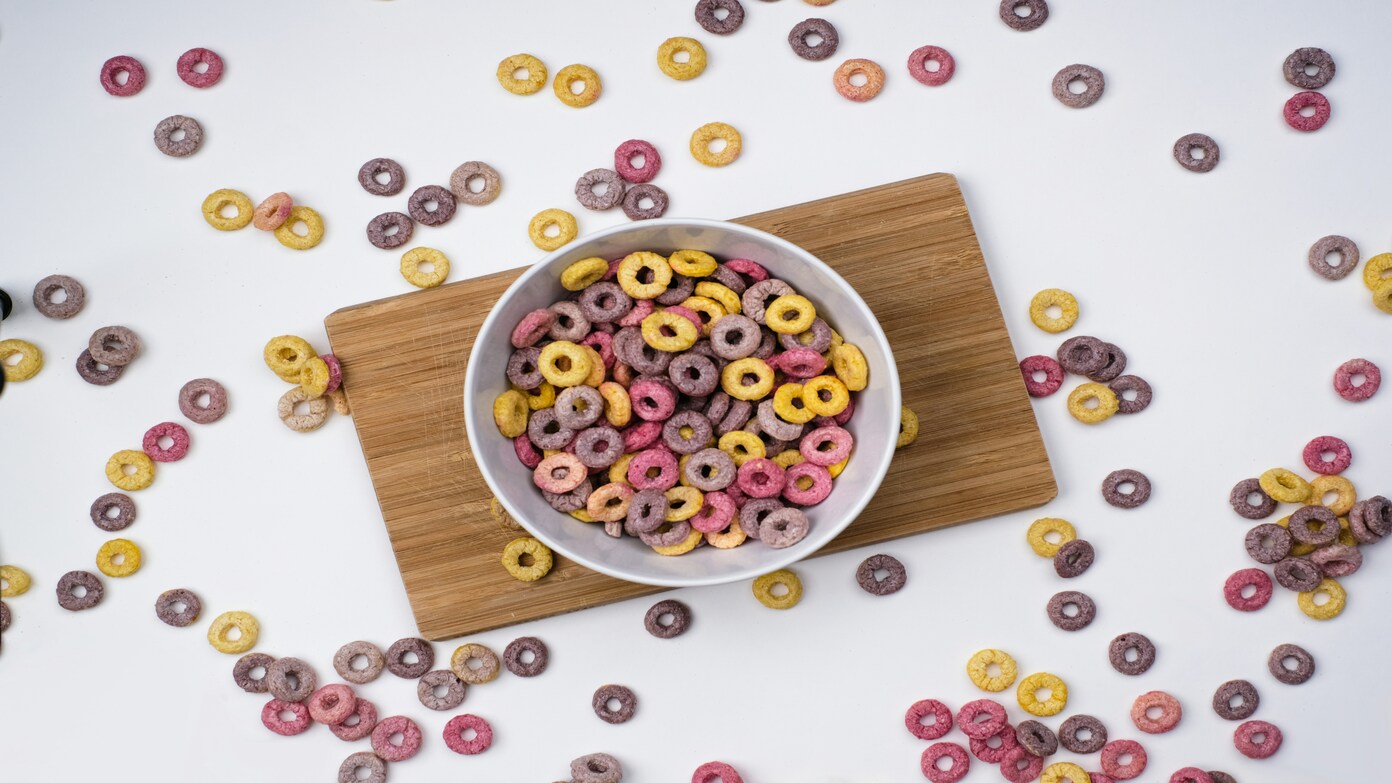A victory for breakfast—and parents
After years of parents raising alarm bells and months of pressure from state investigators, Kellogg’s is making a historic move. The company behind childhood favourites like Froot Loops, Apple Jacks, and Frosted Flakes has signed a legally binding agreement to remove artificial food dyes from all its U.S. cereals by the end of 2027.
Texas Attorney General Ken Paxton announced the deal on Wednesday, calling it a major win for public health. “I’m proud to officially say Kellogg’s will stop putting these unhealthy ingredients in its cereals,” Paxton said. “This signed agreement shows they’re serious—and I commend them for doing the right thing.”
Why this agreement matters
Artificial food dyes aren’t just a colourful gimmick—they’ve been linked to health issues ranging from hyperactivity in children to obesity, endocrine problems, and even cancer. While Kellogg’s has removed these petroleum-based dyes from products sold in Europe and Canada, U.S. consumers were left with bowls full of red, yellow, and blue chemicals.
Until now. Under an Assurance of Voluntary Compliance (AVC)—a formal, enforceable document—Kellogg’s must meet its pledge to eliminate these additives. If the company fails to follow through, it won’t just face bad press; it could face legal consequences.
Paxton’s office didn’t take the company at its word. In February, he issued a Civil Investigative Demand, and by April, his team launched a full investigation, accusing Kellogg’s of misleading U.S. families by marketing its cereals as “healthy” while quietly keeping the toxic dyes in American grocery aisles.
A first in the food industry
This deal marks the first time a major U.S. food manufacturer has been forced to put its promise in writing. Other brands have said they’d phase out artificial dyes, but no one else has agreed to a binding legal document that holds them accountable.
Paxton urged other food companies to follow Kellogg’s lead. “If they’re serious about helping Americans live healthier lives,” he said, “they should sign similar agreements.”
Read this later:
Major change to Target price match policy leaves shoppers angry
Good news for Bed, Bath & Beyond fans: retailer coming back with a new name
Good news for Southwest passengers: new booking option for flight reservations
What’s really in that cereal bowl?
Cereals like Froot Loops and Apple Jacks have long been marketed as fun and wholesome, complete with smiling cartoon mascots and words like “balanced” and “nutritious” splashed across their boxes. But Paxton points out a hard truth: these petroleum-based dyes have no place in foods pitched to children.
“Artificial food colourings have disastrous impacts on health,” Paxton said. “In no world should foods with these dyes be advertised as ‘healthy.’”
The announcement also comes at a time when Kellogg’s CEO has faced criticism for suggesting Americans eat cereal for dinner as a way to fight inflation. Paxton made clear that misleading families about what’s inside the box is no longer an option.
What happens next
Kellogg’s now has less than three years to reformulate dozens of its most popular products. This includes cereals that have been breakfast staples for generations. Removing petroleum-based dyes won’t just change how the cereals are made—it might even change how they look.
Will parents embrace slightly less vibrant Froot Loops if it means safer ingredients? Will other companies—General Mills, Post, and others—face the same pressure to sign their own agreements?
One thing is clear: a precedent has been set. For the first time, a cereal giant is legally locked into making its products safer, rather than simply making promises. And that’s a breakfast victory worth celebrating.

